
Of Hempel’s debut a week earlier, the critic “M.S.” wrote:
It was not until 9:20 o’clock that Mme. Hempel had an opportunity of revealing her powers, for Margaret of Valois, whom she impersonated, does not make her appearance before the beginning of the second act. The vocal delights she had to offer came in rapid succession. The tumult of clapping hands drowned the playing of Giorgio Polacco’s orchestra, and after the fall of the curtain the soprano was recalled a dozen times and showered with floral and applausive tributes.
There can be no question that Mme. Hempel won a genuine triumph. It was not only the delicate quality of her voice and her skill in using it that had made an impression, but her fine stage presence, her regal bearing and her ingratiating manner. She is tall, slender and handsome and she acts with refinement and taste. It would have been astonishing if Mme. Hempel had not shown signs of nervousness. She was facing a gathering whose curiosity and expectations had been sharpened by her long-deferred arrival in America. She was asking for the approval of men and women accustomed to the best voices the world can provide, and she had not recovered from the cold she had contracted on her arrival. Never, perhaps, had she gone through a more trying ordeal. But the famous soprano was quick to gain her artistic poise after the welcoming applause had subsided, and soon her voice was revealed in a way that caught the fancy of her listeners.
Perhaps the most delightful feature of Mme. Hempel’s singing were her smooth legato, her fine phrasing and her fluent delivery of rapid-scale passages. But the crowd delighted in her more sensational characteristics of her coloratura-her brilliant staccati, her scintillant roulades, her effortless and precise attack in the loftiest flights.
Born on this day in 1905 composer Michael Tippett.
On this day in 2015 soprano Marjorie Owens made her Metropolitan Opera debut (and only Met performance thus far) as Verdi’s Aida.
Birthday anniversaries include composer Joaquín Valverde (1875), tenor Torsten Ralf (1901), tenor James Melton (1904) and conductor/musicologist Alberto Zedda (1928).
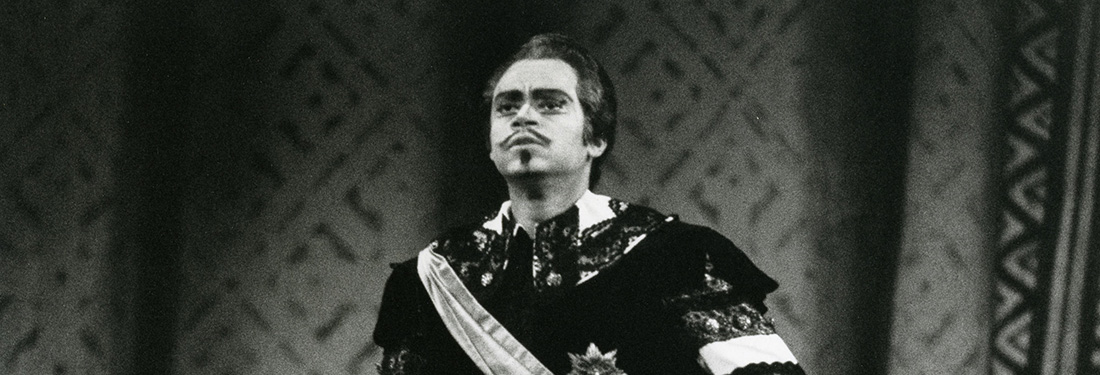
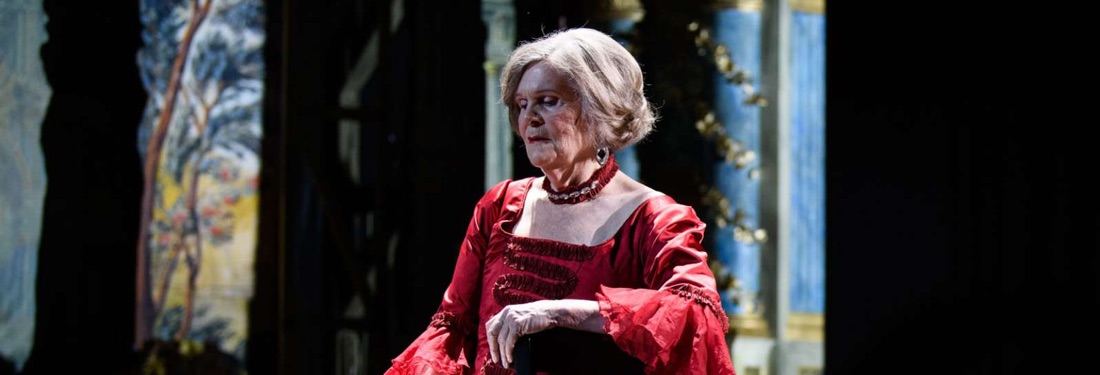
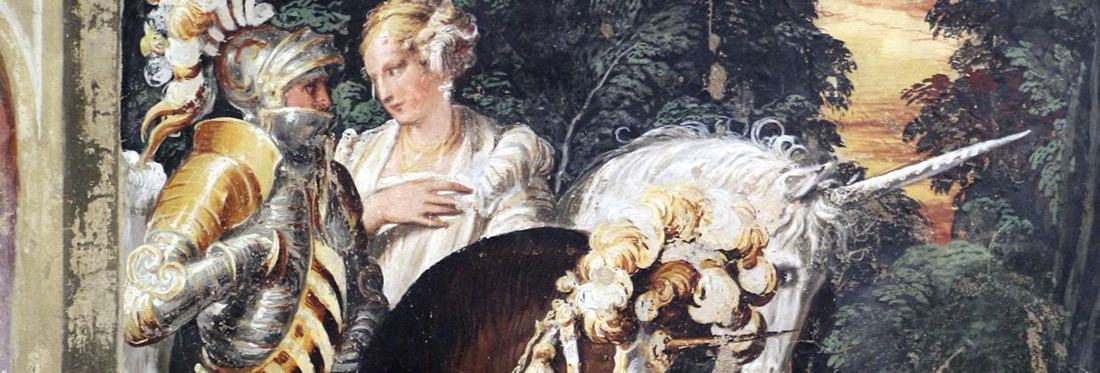

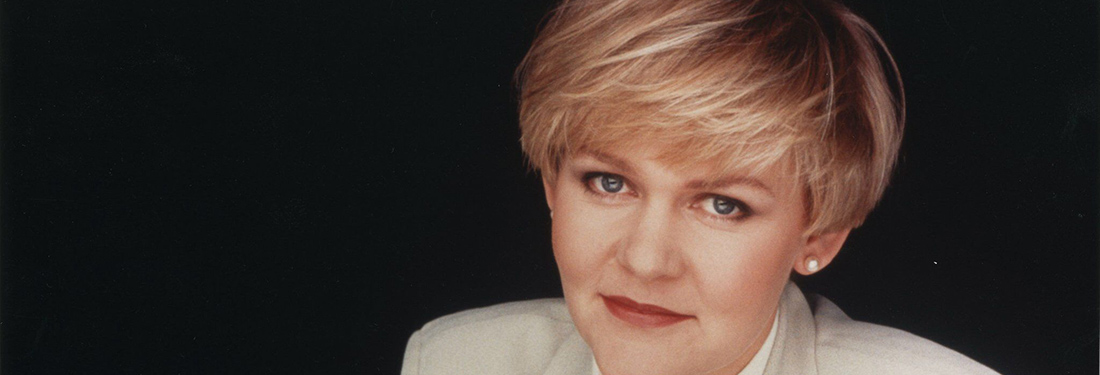
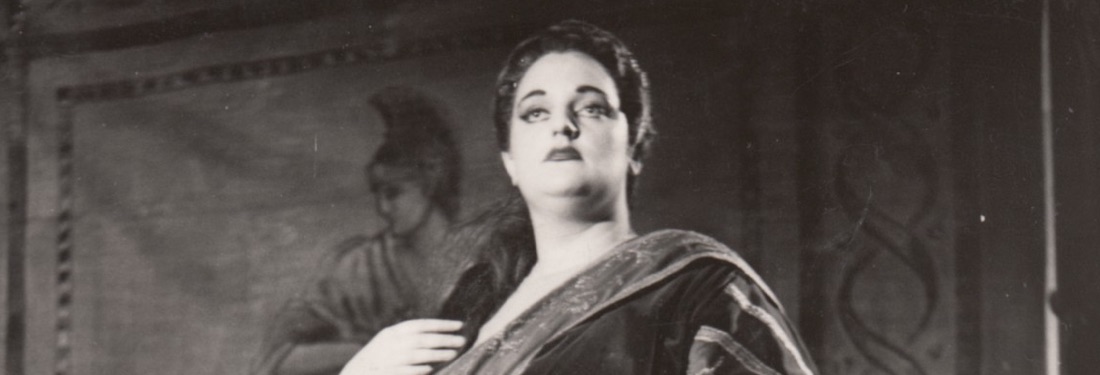
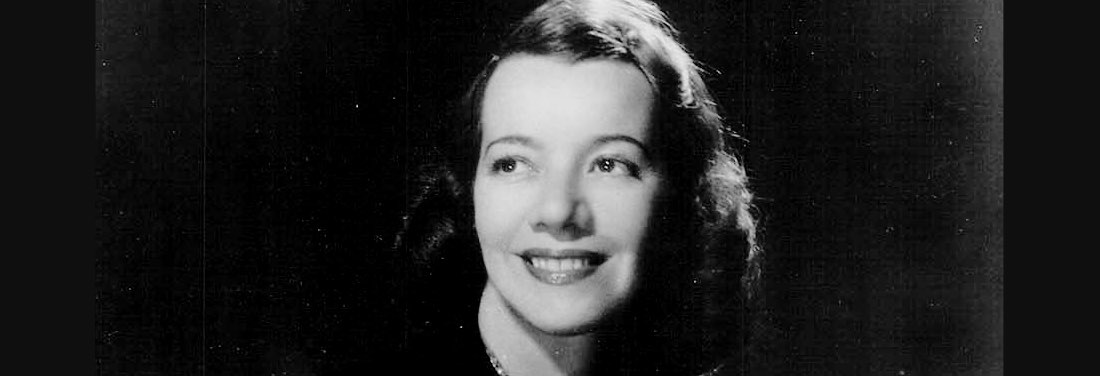
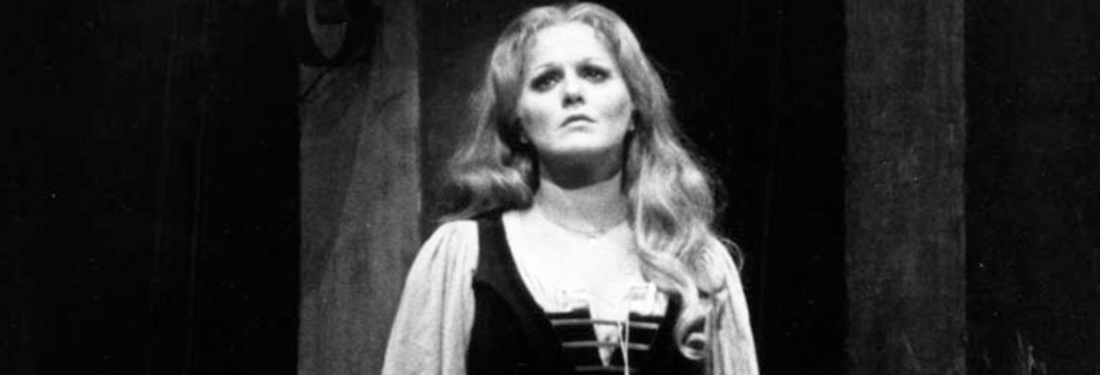
















Comments